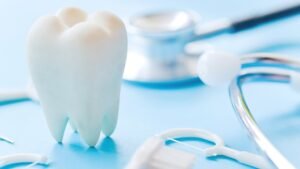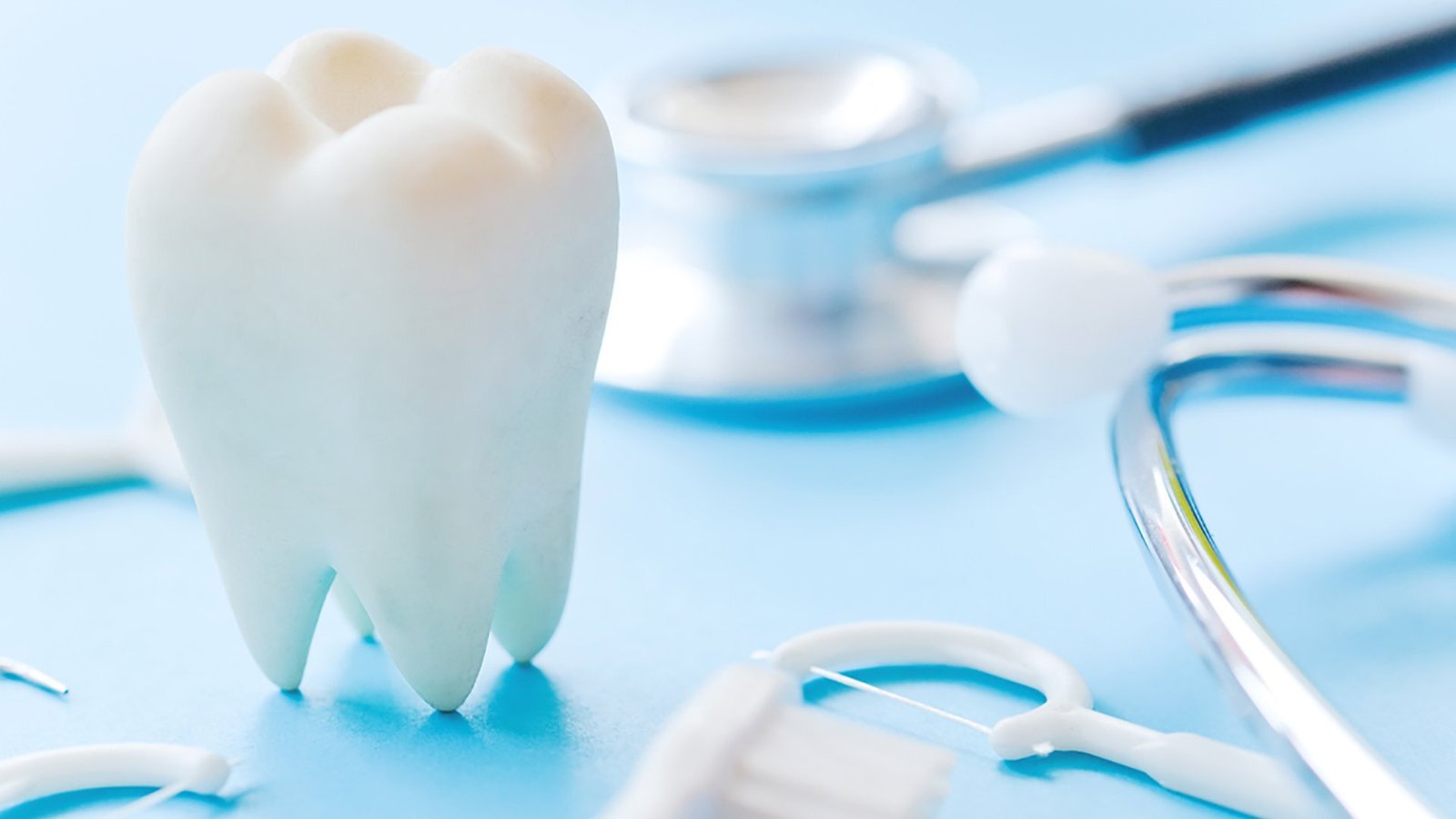Dentists use dental PMMA material, which is a durable plastic material, to create crowns, bridges, and dentures. Most patients prefer PMMA dental material because it is less expensive than other materials, yet provides consistent results. The material is safe and does not provoke allergic reactions in the majority of cases. Dental PMMA material helps individuals in restoring their smiles almost instantly with minimal pain and very good aesthetic results. This article will explain everything related to this dental material, starting from its properties up to applications and long-term advantages.
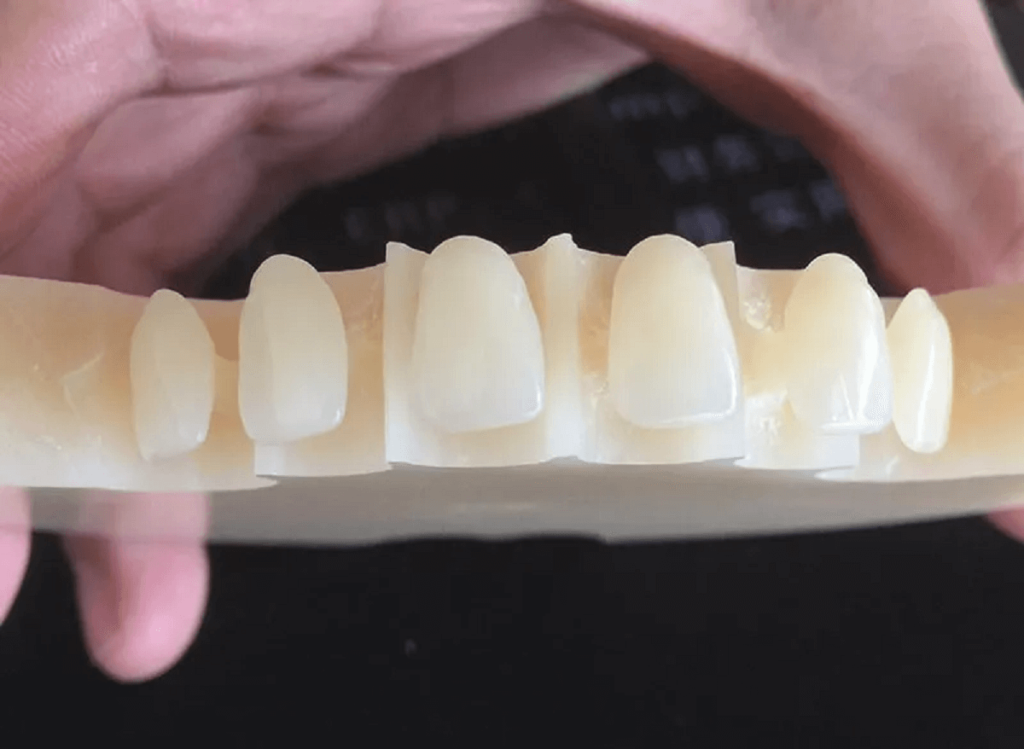
What is PMMA Dental Material?
PMMA dental material is short for Polymethyl Methacrylate. PMMA is a tough, light plastic dentists use to fabricate artificial teeth and other dental products. What is PMMA dental material? It consists of tiny fragments known as monomers that bond with one another during a chemical reaction to become a solid product that is flexible and durable.
How It’s Made
Here is how Dental PMMA material is made:
- Little plastic fragments are slowly blended
- Heat or chemical compounds bond them together in a closed environment
- The blend hardens and becomes tough after curing
- Quality testing ensures it is safe, non-toxic, and effective to use
What Makes It Special
PMMA dental material has the following positive attributes:
- Appearance: Appears as real teeth with natural luster
- Lightweight: Doesn’t feel heavy or bulky in your mouth
- Strong build: Won’t easily break under regular chewing pressure
- Safe material: Won’t damage your mouth or body, even with prolonged use
Dentists can stain this material so it matches perfectly with your natural teeth. Dentists prefer it because it’s simple to work with, has good results, and is consistent in many different types of cases.
Applications of PMMA Dental Material
Temporary Tooth Repairs
PMMA dental material is the material of choice used by dentists for making temporary bridges and crowns. These cover your teeth as permanent ones are being made in the laboratory. The material hardens fast and provides sufficient strength, and thus, you can instantly use your teeth without fear of discomfort or failure.
Fabricating Dentures
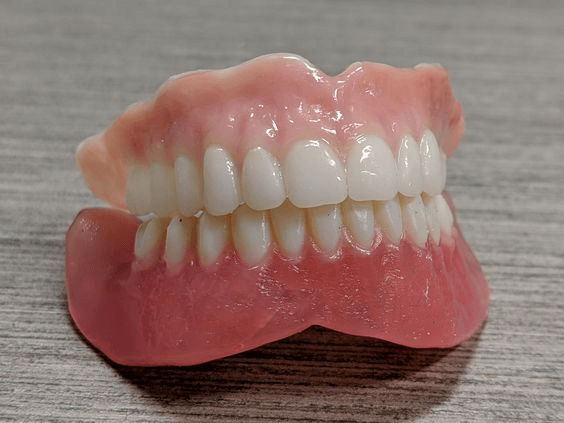
In the manufacturing of dentures, Dental PMMA material is utilized:
- Full dentures: Fill in all missing teeth in your upper or lower jaw
- Partial dentures: Partial dentures are used to replace missing teeth while keeping the healthy teeth the same as before
- Same-day dentures: As the name indicates, you’ll be able to get dentures in a single appointment
- Denture repairs: Repair broken or damaged dentures without replacing the entire piece
Modern Digital Dentistry
Nowadays, just like any other field, computers are also used in dentistry. Dentists use it to design and create accurate dental restorations. Dental PMMA material easily integrates with these new technologies.
Aidite produces quality PMMA dental material to meet specific dental requirements
- Aidite Mono PMMA: This material comes in 16 shades. It perfectly blends in with your natural teeth
- Multi-layered PMMA: Real teeth have natural color shifts, and this material also has that feature
- Denture Base PMMA: Exclusive material to reinforce dentures for a longer duration and less discomfort
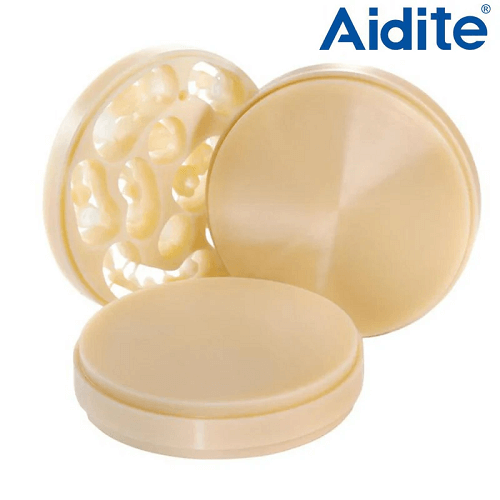
These materials assist dentists in delivering you superior outcomes that endure longer and are more comfortable.
Advantages of PMMA Dental Material
Cost
PMMA dental material is much cheaper compared to other dental materials such as zirconia or ceramic. Dental care is, therefore, more affordable for most patients. Most insurance covers treatments with this material since it passes safety and performance tests.
Convenience
Dentists also find dental PMMA material easy to handle in various procedures:
- Sets quickly, so you’re out of the chair sooner
- Easier to carve and polish for a correct fit
- Bonds well to other dental materials and bonding agents
- Simple to repair if something cracks without having to begin again
Natural Appearance
The biggest advantage of PMMA is that it looks much like real teeth, even when closely examined:
- Available in many tooth shades for an improved match
- Doesn’t discolor over time with good care
- Mixes well with your natural teeth and gums
Safe for Your Body
PMMA dental material is biocompatible and safe to use without causing adverse reactions:
- Won’t trigger allergic reactions in the majority of patients
- Doesn’t emit toxic chemicals upon processing
- Has been safely utilized for decades in both medicine and dentistry
- Certified by dental safety organizations across the globe
The material does not irritate your gums or tongue. Most people have no issues wearing dental work made of this material for years.
PMMA vs Other Dental Materials
PMMA vs Composite Resin
PMMA dental material and composite resin are both applied to dental work, but they differ in cost, strength, and handling:
PMMA Benefits:
- Less expensive per unit
- Lasts longer when cared for properly
- It is easier to clean and maintain
- More suitable for major repairs such as full arches
Composite Resin Advantages:
- Bonds more to natural teeth
- Can be restored directly in your mouth
- Greater tooth-like sensation on biting
- More suitable for minor, cosmetic repairs
PMMA vs Zirconia
Dental PMMA material differs from zirconia in some significant aspects:
PMMA Advantages:
- Significantly less costly for dentists and patients
- Easy to adjust in the clinic chair
- Lighter weight for greater comfort
- Quick to create using digital systems
Zirconia Benefits:
- Harder and almost indestructible
- Longer lasting with reduced wear
- More suitable for back teeth with heavy chewing
- More costly but frequently worth the added cost
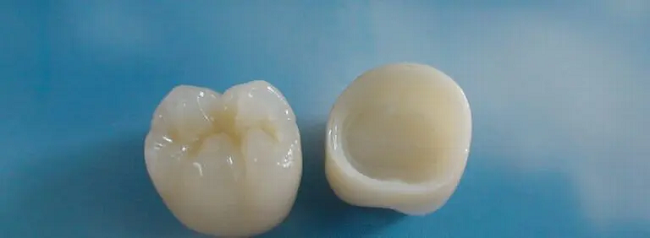
PMMA vs Traditional Acrylics
Let’s see why PMMA dental material is used in dentistry rather than older acrylic materials:
PMMA Benefits:
- Harder and more resistant to everyday usage
- Improved color stability without fading
- Less prone to crack or break when subjected to pressure
- More even surface finish for better cleanliness
Traditional Acrylic Advantages
- Less expensive and readily available
- Less difficult to repair in some instances
- Utilized longer in the history of dentistry
- Nonetheless, adequate for very temporary use
PMMA dental material is the preferred option for most contemporary dental procedures due to the fact that it has good quality, coupled with an affordable price and excellent appearance.
FAQs About PMMA Dental Material
What is PMMA used for in dentistry?
PMMA is used to create temporary bridges, crowns, dentures, and other dental restorations. It’s popular because it appears to be natural, is less expensive than other materials, yet still provides comfort and safety.
How much does PMMA cost?
PMMA dental material is considerably less expensive than materials such as zirconia or gold. The cost really varies depending on your dentist and the extent of work required, but it’s typically cheaper than other types of restoratives.
Is PMMA stronger than acrylic?
Yes, PMMA dental material is stronger than old-school acrylic. It lasts longer, doesn’t break as often, and its color holds up better over time, particularly if used in digital systems.
What are the benefits of PMMA?
The primary advantages are that it is low-cost, has a natural appearance, is easy to clean, durable, and safe to use in your mouth. It’s also comfortable and versatile for short- or long-term use.
Wrapping Up
PMMA dental material is a great option for most dental procedures. It has good quality at a reasonable price, ensuring dental treatment for more individuals than ever. The natural appearance and strength of the material enable its temporary or permanent use in a wide range of restorations. You may require crowns, bridges, or dentures, but dental PMMA material is effective in restoring your smile with less expense and greater comfort. Ask your dentist if this convenient material fits the needs of your individual dental concerns, treatment schedule, and financial requirements.


